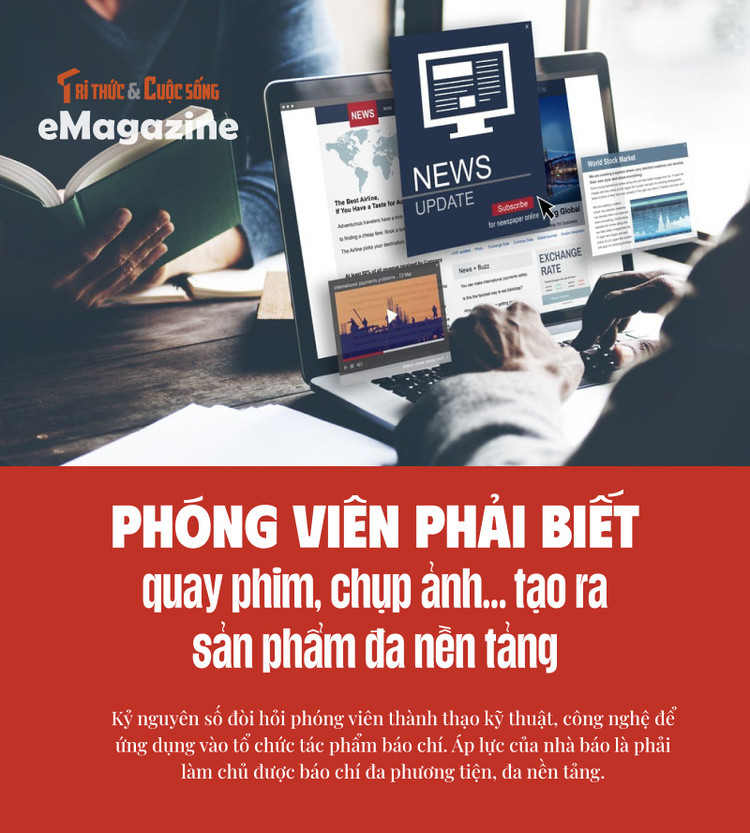
Amidst a chaotic information environment and pressure to change, journalists are on a challenging journey of preserving the core of their profession while rediscovering themselves in the digital age.
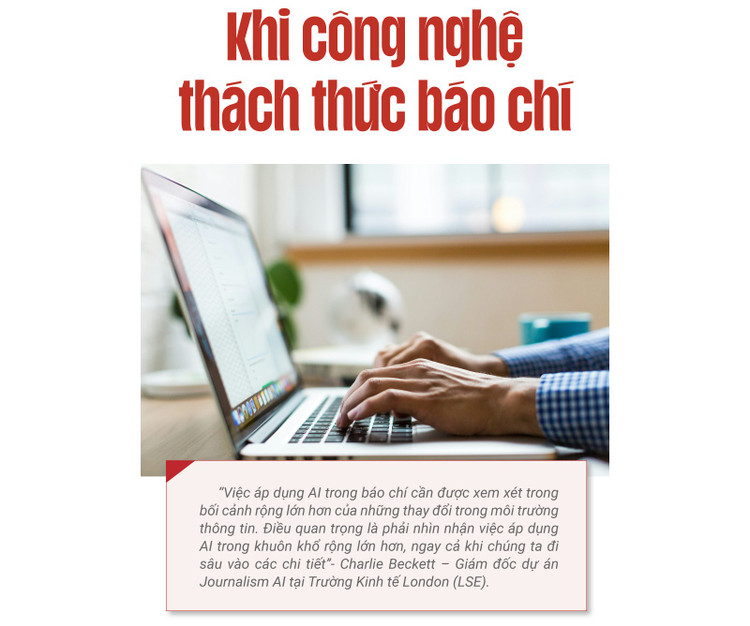
The rapid development of digital technology in recent years has profoundly changed the face of journalism. Social media, artificial intelligence (AI) and digital platforms are no longer external support tools, but have become central factors in reshaping the way journalism operates, produces and reaches the public. Under the impact of this wave of technology, modern journalism is witnessing structural changes, from social roles to professional practices and business models.
Social media is the first and most obvious factor in disrupting the traditional media order. If in the past, the press had a monopoly on reporting, orienting and criticizing, now social media has broken the boundary between producers and consumers of content. Each individual can become a “citizen journalist”, posting, sharing and spreading information at an unprecedented speed. This creates a decentralized information environment where accuracy, reliability and verification are often questioned.
In addition to social media, the emergence of digital media platforms such as YouTube, TikTok, podcasts, etc. has also reshaped the way the public accesses information. Readers no longer wait for fixed news schedules as before, but proactively search for content according to their personal interests, through new formats such as short videos , interactive programs or storytelling podcasts.
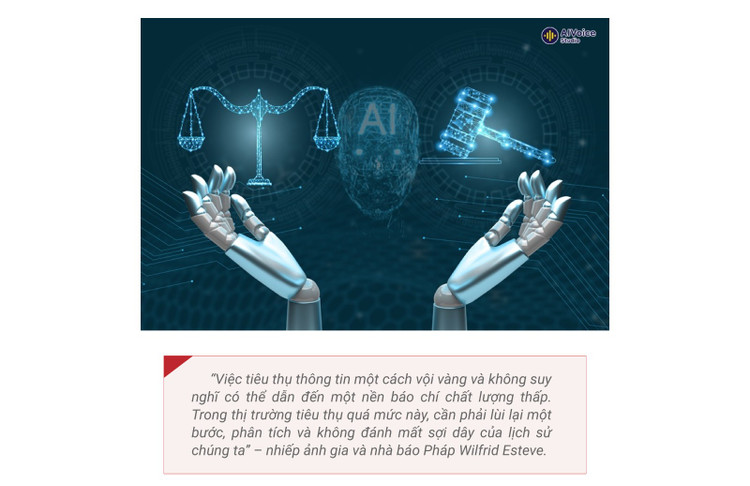
This requires modern journalism to change not only in content but also in presentation, production techniques and distribution strategies. In the digital environment, news needs to be personalized, displayed at the right time, in the right place and to the right audience, otherwise it will quickly be forgotten in the sea of floating information.
Dr. Mach Le Thu - a media expert, warned about the negative impact of platforms like TikTok on users, especially young people: "The algorithm allows similar content to be displayed, which will form a biased worldview. Users will not be exposed to diverse perspectives and voices, but only to content with the same ideology, a narrow and unbalanced vision."
Artificial Intelligence (AI) is also a wave of technology that is increasingly impacting the journalism industry. From automated content writing tools, chatbots that support reader responses, data analysis systems to image and video creation capabilities, AI is directly involved in many stages of the news production process.
Some major newsrooms around the world have used AI to create financial news, weather forecasts, or analyze sports data in a short time that humans can hardly keep up with. However, this also raises concerns about the authenticity of information generated by machines, the ability to manipulate content by algorithms, as well as the risk of the role of journalists in analyzing, criticizing, and orienting public opinion.
The combined impact of social media, digital media platforms and artificial intelligence is forcing journalism to redefine itself. Modern journalism cannot operate according to the traditional linear model, but must shift to a multidimensional model, where journalists are storytellers, connectors, verifiers and technology masters at the same time. This change is irreversible. However, in this technological flow, the role of true journalists remains irreplaceable: protecting the truth, fighting fake news and providing valuable knowledge to society.

It can be said that artificial intelligence AI is an indispensable tool of the digital content industry, at the same time posing great challenges in content management for many newsrooms facing the risk of increasing fake news with the high production speed of automated journalism, giving rise to legal and ethical problems in journalism.
For example, in journalism, an artificial intelligence product called Chat GPT has supported many journalism activities, helping journalists save time and effort in writing, editing, and managing content to increase the speed of news and article production by reporters and newspaper offices.
However, the abuse of Chat GPT also carries the risk of violating journalistic ethics. That is, the risk of copyright infringement because Chat GPT is open data, anyone can exploit and use it but it is not "verified", so the risk of using fake data and news in journalistic works is very high if the content management in the editorial office cannot keep up with the development of digital technology.
In addition, fake products made by AI with human intervention in content can become new weapons on the information front, causing unpredictable and harmful consequences both economically and militarily, domestically and internationally. Typically, in recent years, many fake photos, video clips, and voices have appeared spreading on the Internet and social networks, causing many consequences for people and businesses.

With the rapid development of technology, social networks and artificial intelligence, journalists can no longer continue to work as they did 10 or even 5 years ago. Along with the change in the media environment, the requirement for modern journalists is to proactively change and renew themselves if they do not want to be left behind.
With their extremely strong rise, digital platforms such as Facebook, YouTube, TikTok or Instagram... have become important content distribution channels, attracting a large number of readers - especially young people. News is no longer just read through words, but viewed, listened to, and interacted with in many rich formats: video, animated graphics, audio, livestream... This poses a clear requirement: journalists must know how to tell stories in many different media languages, from images to audio, from short clips to podcasts, from traditional reports to interactive content suitable for mobile phones.
Journalist Nguyen Minh Duc - Editor-in-Chief of Kinh te & Do thi Newspaper believes that journalists in the digital age must face three problems: content, technology and journalism economics: “A reporter in the digital age must know how to film, take photos, make podcasts, and with the support of technology can edit and produce images. The pressure on journalists in the digital age is to master multimedia journalism.”
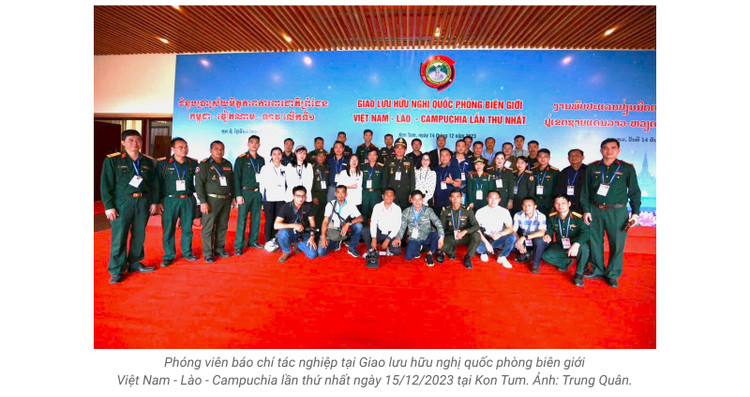
The rise of artificial intelligence is another important factor driving innovation among journalists. AI-powered news writing, image generation, data aggregation, and translation software is completely changing the news production process. Artificial intelligence not only speeds up information processing, but also has the ability to personalize content for each audience group.
In this context, journalists should not only rely on their old writing skills but also learn how to operate and coordinate with AI tools to increase efficiency in news production, while maintaining their role in verifying, evaluating and processing information responsibly.
Journalist Le Quoc Minh – Editor-in-Chief of Nhan Dan Newspaper commented that the application of artificial intelligence in journalism is an inevitable trend. However, he noted: “For journalists, the issue is not whether to use artificial intelligence or not, but when AI will become an integral part of the editorial office’s operations.”
In the digital age, change is not simply about learning new technical skills. It is also a journey of renewing professional thinking. Journalists in the digital age must approach issues in a more flexible, agile and interdisciplinary way.
Writing an article today is not only about writing for readers, but also about understanding the workings of content distribution algorithms, public information consumption behavior, and how to measure interaction and media effectiveness. Every journalist is not only a reporter or editor, but can also be a multimedia producer, a digital project coordinator, or a personal media channel manager.
Master Dinh Ngoc Son - former Deputy Head of the Department of Radio and Television, Academy of Journalism and Communication - emphasized: "Every profession requires the practitioner to love and be passionate. For journalism, if there is no love and enthusiasm, there will be no creativity and no good works. In addition, journalists must constantly learn, acquire new knowledge, and keep up with the times to bring quality journalistic works that are useful to readers."
Along with changes in skills and mindset, professional ethics remain the irreplaceable core of journalists. In a world full of fake news, sensational content produced irresponsibly and spread rapidly, journalists need to maintain their professional integrity.
The use of technology, social media or AI cannot obscure the core values of journalism: honesty, verification and serving the public interest. Change is only meaningful when it helps journalism better perform its role of leading, criticising and protecting the truth.
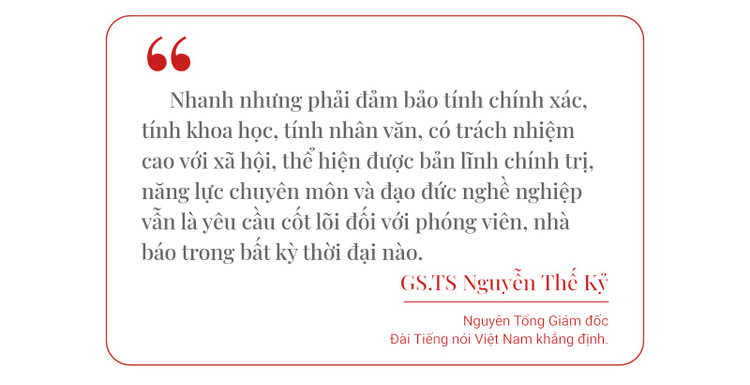
Prof. Dr. Nguyen The Ky - former General Director of Voice of Vietnam - emphasized that the strong development of technology, social networks and digital platforms are having a profound impact on the press and the public. This is both a challenge and a great opportunity for the press and society.
It can be affirmed that not changing will lead to the risk of being eliminated, but changing hastily, following trends or losing professional principles will also lead to disorientation. Therefore, the process of self-renewal of journalists in the digital age needs to be carried out soberly, proactively and with a clear direction. Only by adapting without losing their identity can journalists continue to carry out their noble mission in the fierce flow of the digital age.
To limit the risk of violating press ethics in the context of the explosion of digital journalism and AI application, press agencies, on the one hand, need to specify and proactively develop a strategy for digital transformation of journalism according to Decision No. 348/QD-TTg dated April 6, 2023 of the Prime Minister approving the Strategy for digital transformation of journalism to 2025, with a vision to 2030; exploit the utilities of social networks and promote the application of AI in content production, distribution, and publication; apply AI for the interactive block and editorial management.
At the same time, newsrooms need to focus on AI applications in content creation and production organization, research and audience segmentation on e-newspaper versions, as well as in internal management; develop value-added services to develop the digital press economy, build interactive programs and news applications with outstanding features, solve copyright issues and implement digital press models; develop digital ecosystems for press agencies.
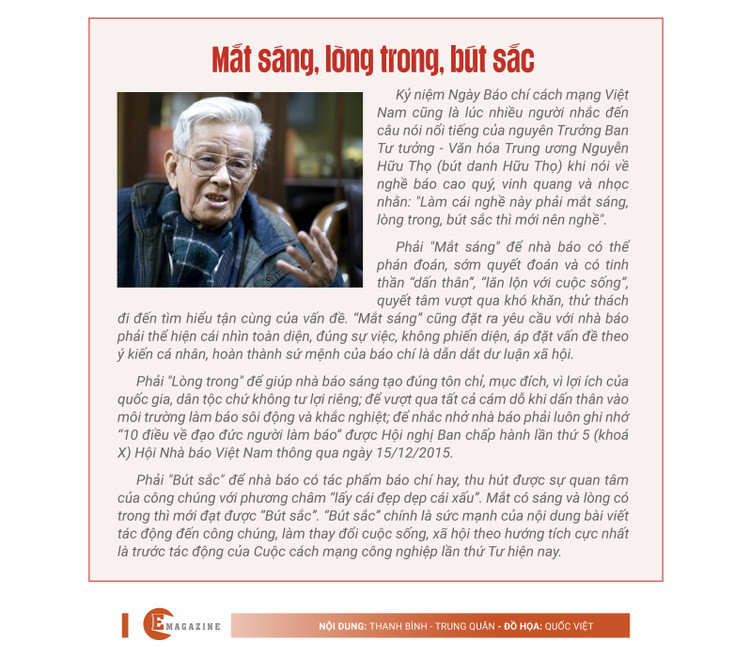
Source: https://khoahocdoisong.vn/e-magazine-phong-vien-phai-biet-tao-san-pham-da-nen-tang-post1549510.html




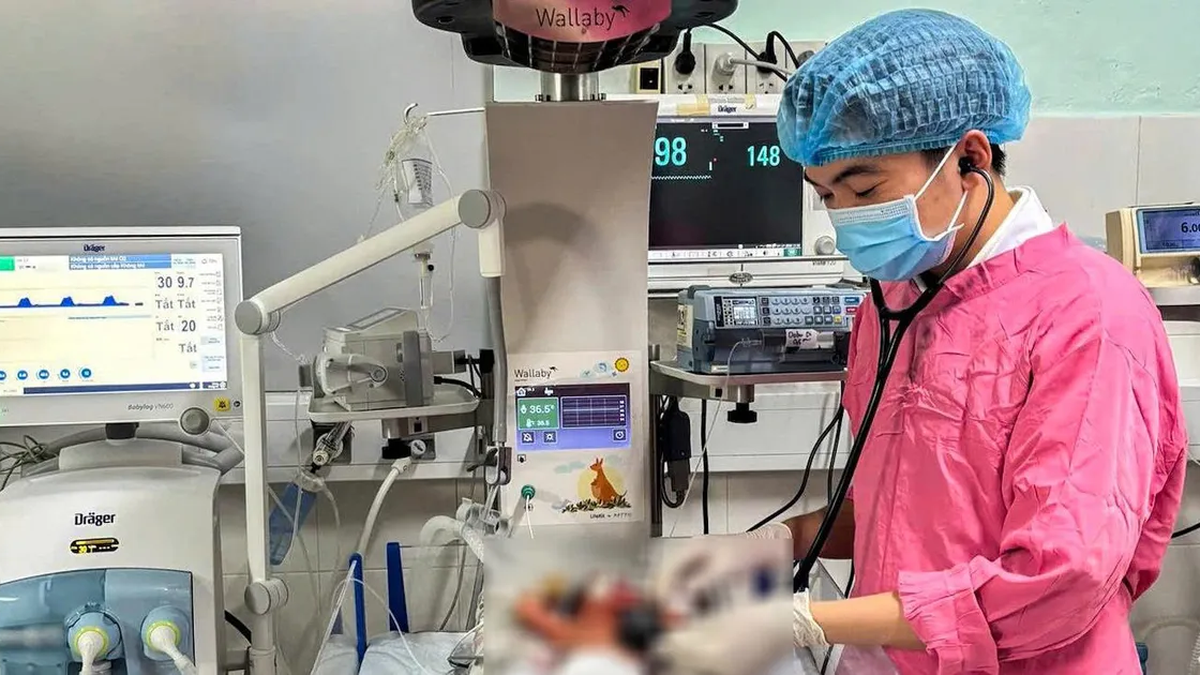
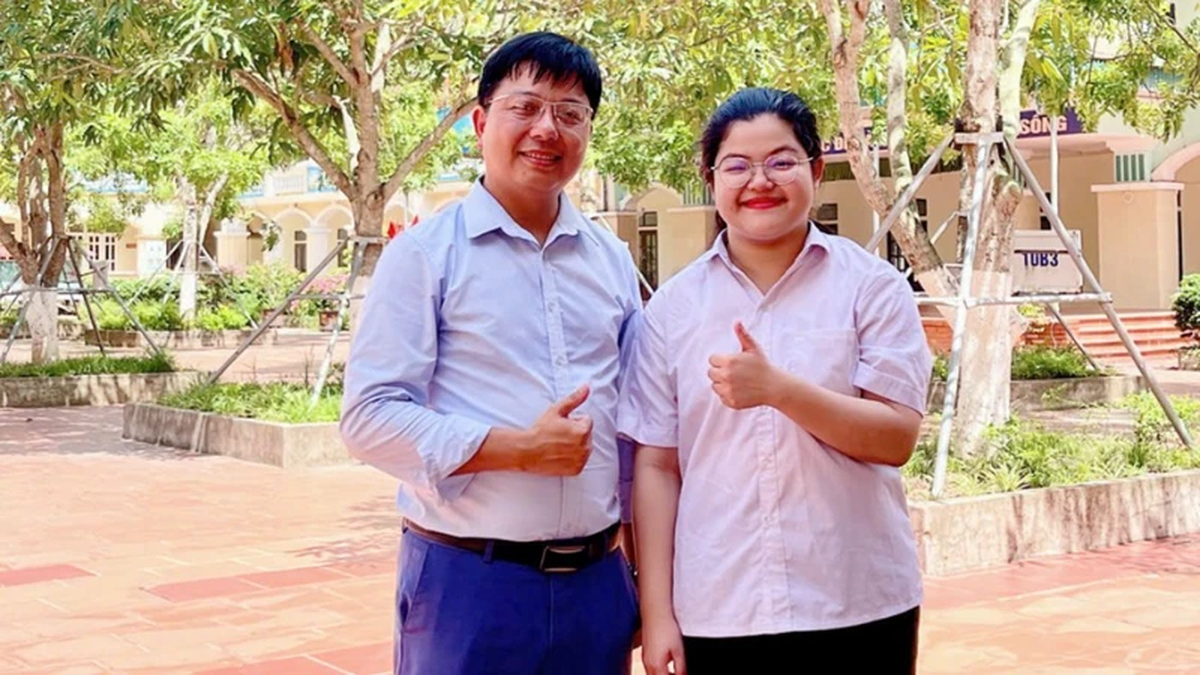


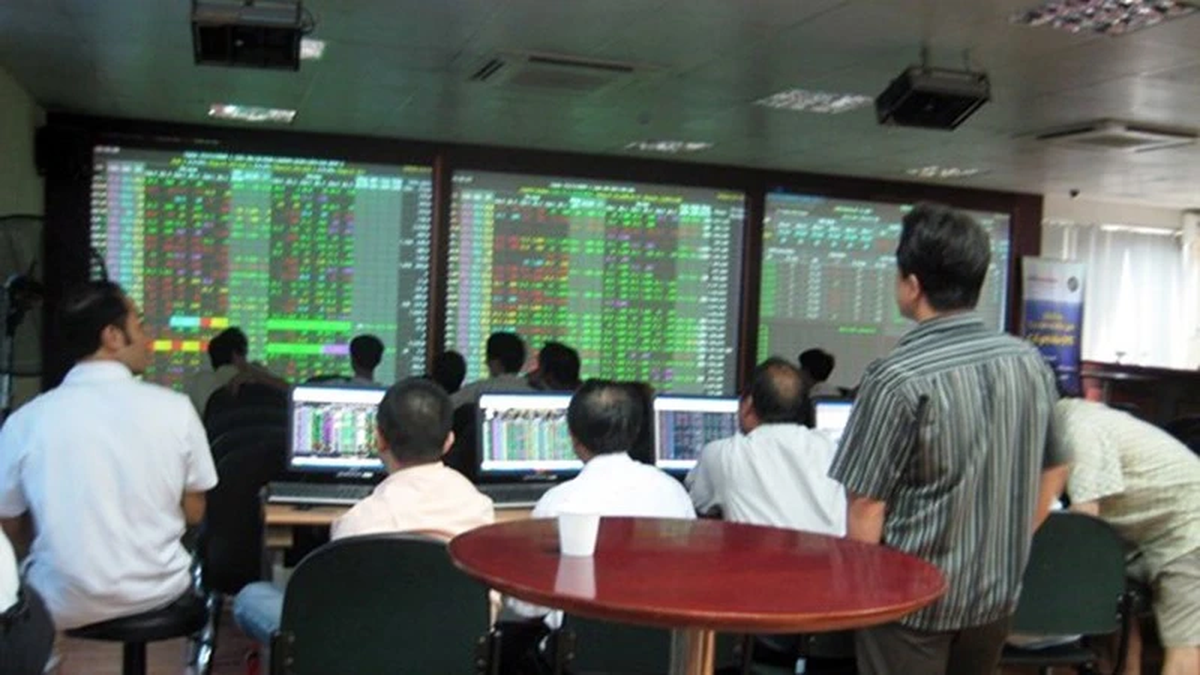
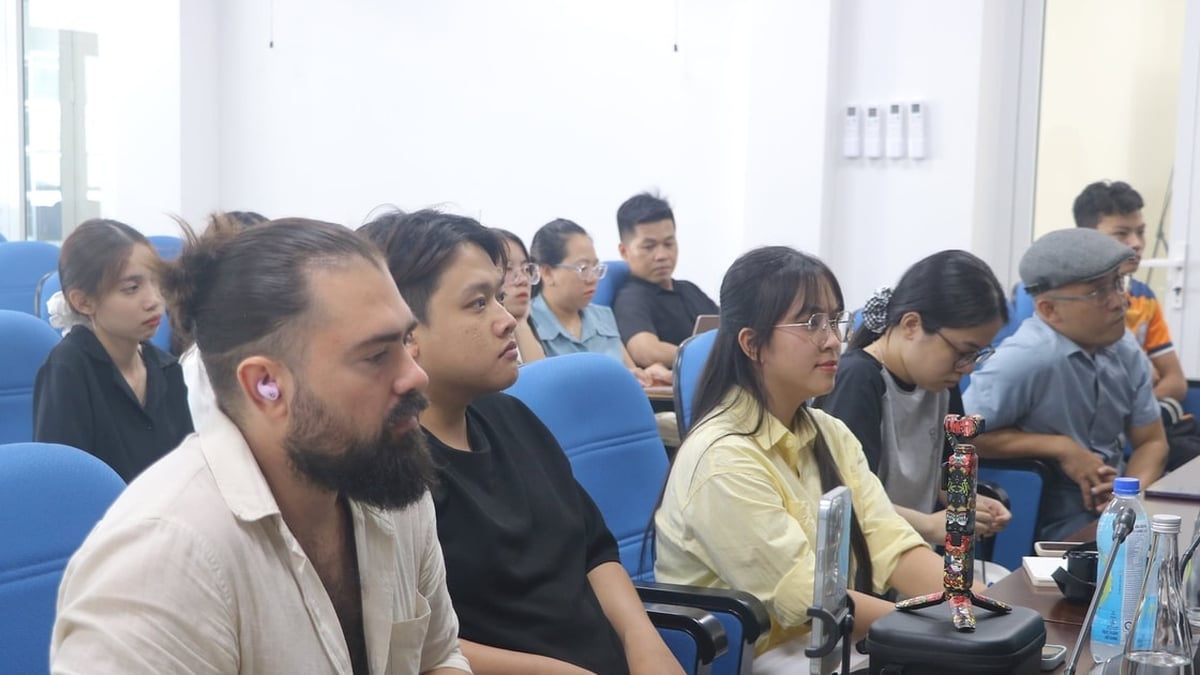
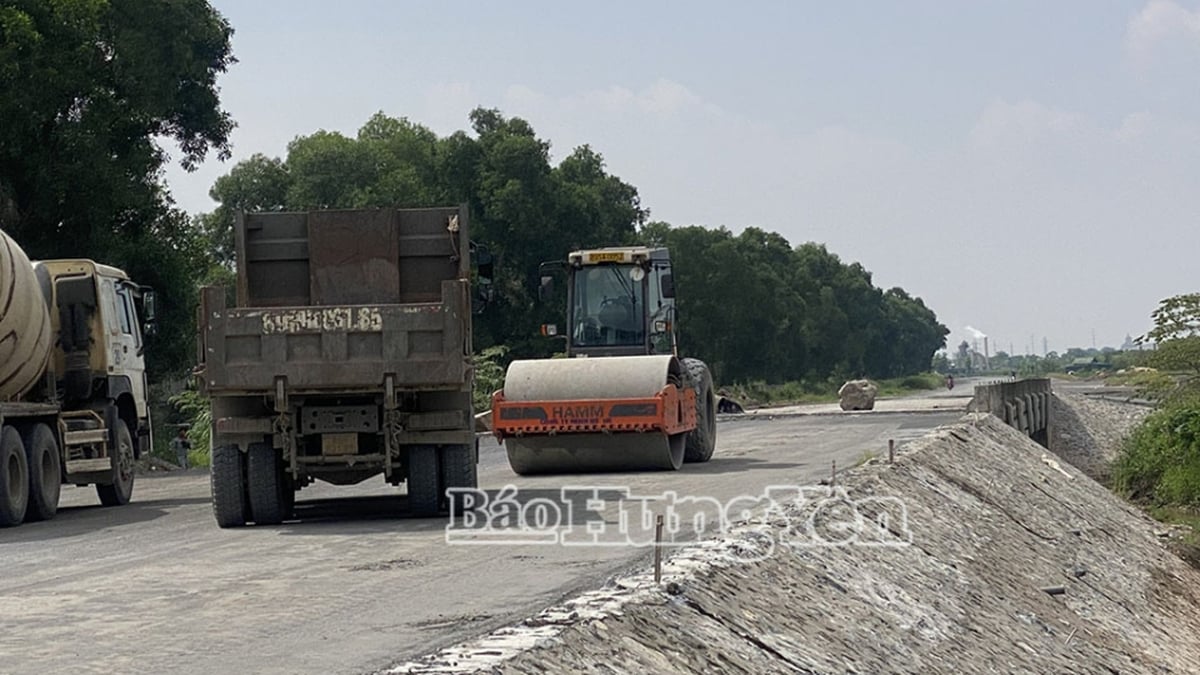























































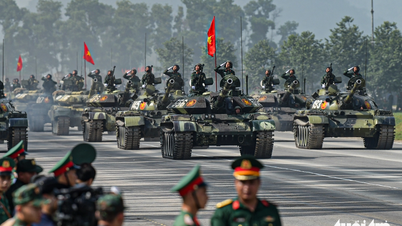
































Comment (0)